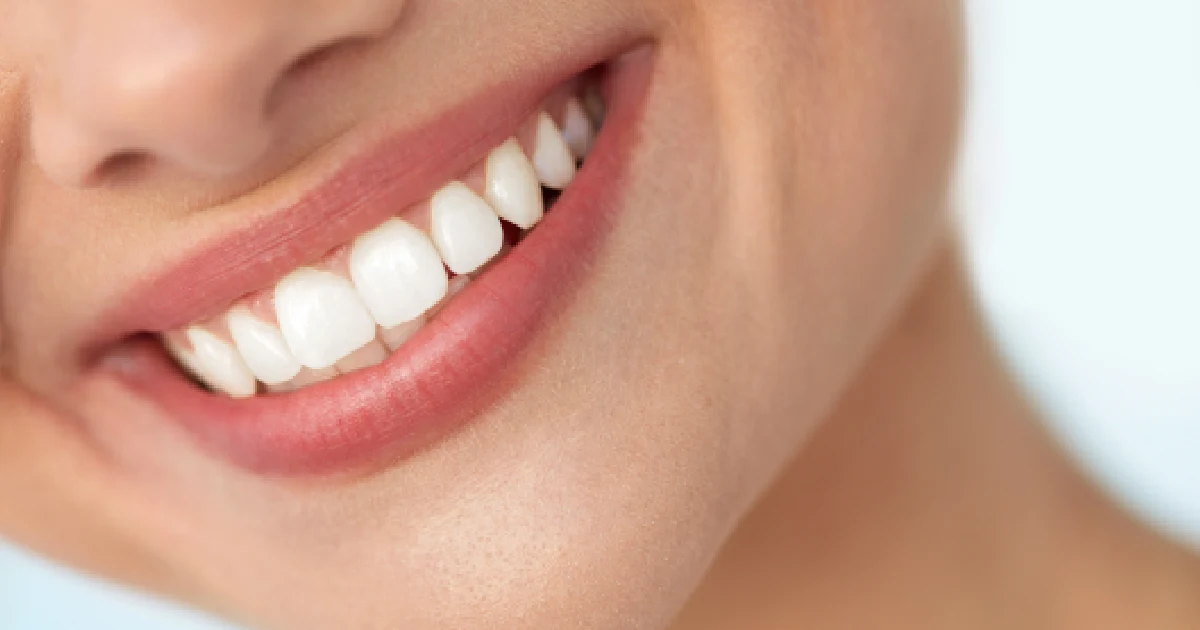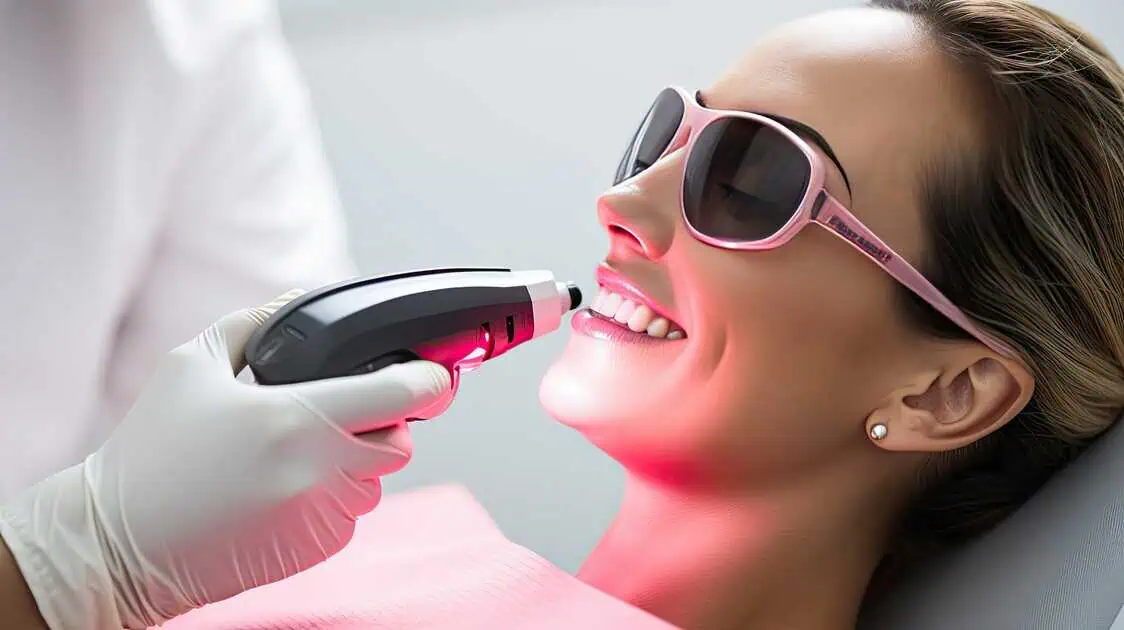Table of Contents
Recovering from bulimia is a significant step toward overall wellness. Still, many individuals face a frustrating challenge during this journey: weakened teeth, enamel erosion, and increasing sensitivity that lingers long after recovery has begun. If your teeth feel more sensitive than before or you’re noticing changes in your smile, you’re not alone.
Tooth erosion caused by frequent vomiting and stomach acid exposure can permanently damage enamel. For people in recovery, it’s not just about health—it’s also about feeling comfortable and confident again. The good news is that you can take practical steps to protect your teeth and restore your smile with the help of bulimia cosmetic dentistry in Allentown, PA. Mary Elizabeth Viechnicki offers compassionate dental solutions tailored for people in eating disorder recovery, providing both physical restoration and emotional reassurance.
How Bulimia Affects Oral Health
Bulimia nervosa is often accompanied by behaviors that expose the teeth to high levels of stomach acid. Repeated vomiting (purging) can wear down the protective enamel that shields your teeth, leading to a condition known as enamel erosion.
When enamel breaks down, it doesn’t regenerate. Over time, this can lead to:
- Increased tooth sensitivity
- Changes in tooth shape and color
- Higher risk of cavities and tooth decay
- Visible wear and tear, especially on the front teeth
- A worn, flattened smile
The impact is not just cosmetic—it affects your ability to chew comfortably, speak clearly, and feel confident in your appearance. That’s why addressing dental concerns early during recovery is critical.
Early Signs of Tooth Erosion to Watch For
Tooth erosion often starts subtly. Many patients don’t realize the extent of the damage until symptoms begin interfering with daily life. Some early warning signs include:
- Tooth sensitivity to hot, cold, or sweet foods
- Yellowing teeth, which may signal thinning enamel and exposure of the dentin beneath
- Rounded or translucent edges on the front teeth
- Frequent cavities or decay despite good hygiene
- Rough or uneven surfaces that weren’t noticeable before
If you’re experiencing any of these issues, it’s worth speaking with an enamel restoration dentist who understands the unique dental needs of individuals in eating disorder recovery.
Daily Oral Hygiene Tips for Recovery
Small, consistent habits can help protect your teeth while your body and mind heal. Here are daily strategies you can adopt:
- Avoid brushing immediately after purging—acid softens enamel. Wait at least 30 minutes and rinse with water or fluoride.
- Use a soft-bristled toothbrush and fluoride toothpaste to minimize abrasion.
- Rinse with a fluoride mouthwash daily to strengthen remaining enamel.
- Stay hydrated, especially after meals, to help wash away acids.
- Avoid acidic foods and drinks like citrus, soda, and vinegar-based items when possible.
These tips don’t replace professional care, but can help reduce further damage during recovery.
Professional Treatment Options
When enamel loss is advanced or teeth are visibly affected, professional intervention can restore function and appearance. Dr. Mary Elizabeth Viechnicki specializes in bulimia cosmetic dentistry in Allentown and provides treatment plans that balance oral health restoration with aesthetics.
Common dental treatments for bulimia-related damage include:
- Porcelain veneers – These thin shells cover the front of damaged teeth, restoring shape and color while offering long-term protection.
- Dental bonding – A less invasive option for minor chips and discoloration, bonding can reshape teeth using tooth-colored resin.
- Fluoride treatments – Professional fluoride applications help strengthen enamel and protect against decay.
- Full mouth reconstruction – In severe cases, a comprehensive plan may be needed to restore bite alignment, tooth structure, and oral comfort.
These options are tailored to your unique condition, symptoms, and comfort level.
Why Compassionate Dental Care Matters
Recovering from bulimia is deeply personal. Dental visits during or after recovery can feel vulnerable, especially when past habits have left visible damage. That’s why finding a provider who offers compassionate dental care for eating disorders is so important.
Dr. Viechnicki’s approach prioritizes empathy, patience, and understanding. There is no judgment—only support. Her office in Allentown, PA, is a safe space for patients navigating this delicate phase of healing. The goal is not just to fix teeth—it’s to restore dignity, comfort, and peace of mind.
Dental Support in Allentown, PA
Allentown residents have access to specialized eating disorder dental care that’s hard to find elsewhere. Mary Elizabeth Viechnicki brings decades of experience and a strong commitment to patient well-being to her practice.
Whether you need sensitive teeth treatment in Allentown or cosmetic improvements like porcelain veneers for bulimia recovery, Dr. Viechnicki offers a wide range of services under one roof. Each treatment plan is customized, ensuring that your dental and emotional needs are fully addressed.
If you are dealing with extensive enamel loss or structural damage, you may also explore related services such as tooth-colored fillings or comprehensive cosmetic dentistry.
When to Seek Help
If you’re in bulimia recovery and notice any of the following, it’s time to consult a dentist with experience in eating disorder care:
- You feel pain or sensitivity when eating or drinking
- Your teeth appear shorter, discolored, or more translucent
- You’re avoiding smiling or social situations due to dental insecurities
- You haven’t had a dental evaluation since starting recovery
Even if symptoms seem mild, early treatment can prevent further damage and simplify your care options. A consultation doesn’t commit you to treatment—it’s simply the first step in understanding your needs.
Reclaim Your Oral Health
Recovery from bulimia is an act of strength, and that strength deserves to be supported with dental care that heals more than just teeth. Through bulimia cosmetic dentistry, patients can rebuild their oral health, restore confidence, and reclaim their smile.
With an experienced and compassionate provider like Dr. Mary Elizabeth Viechnicki, you’re never alone on this path. Every step is handled with care, from enamel restoration to sensitive teeth treatment. Transform Your Smile with Compassionate Care – Book Now.





